The Power Of Wheatgrass Juice for Cancer: Doses, Benefits & Side Effects
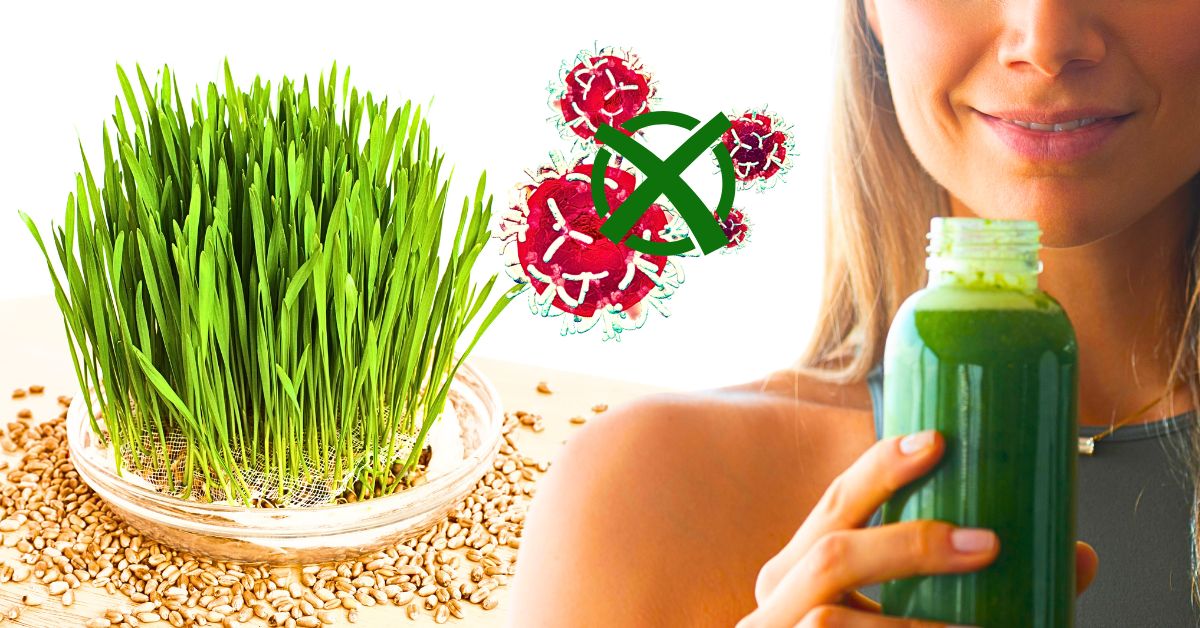
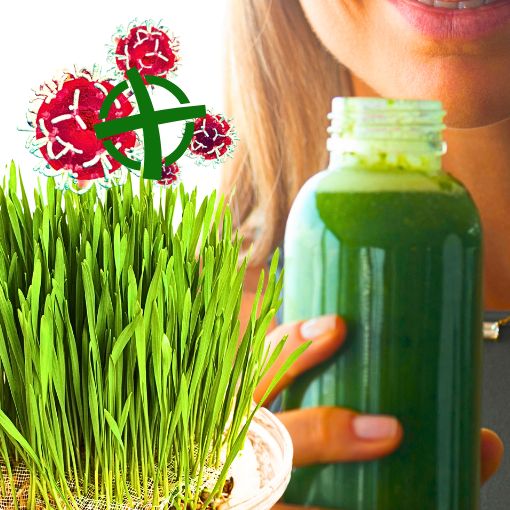
If you or someone you know is undergoing cancer treatment, you may wonder how much wheatgrass should be consumed for cancer. In that case, this article is for you.
In this article, we will explore the recommended dosage of wheatgrass juice for individuals dealing with cancer. We will also share with you the wheatgrass benefits for cancer and also some potential wheatgrass side effects for cancer you may experience. It's important to note that while wheatgrass may offer some potential benefits, it is not a substitute for medical treatment or a cure for cancer. Always consult with your healthcare provider before changing your treatment plan.
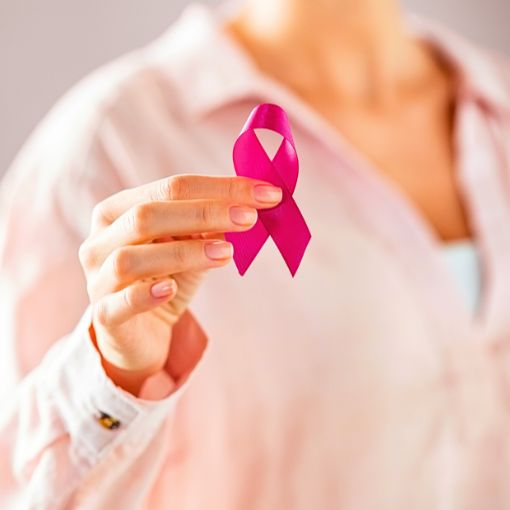
How much wheatgrass per day for cancer?
The amount of wheatgrass juice one should consume to supplement their ongoing cancer treatment should be best left to a healthcare professional, such as a naturopath or integrative medicine practitioner, who can provide personalized guidance based on your health condition and ongoing treatments.
Here are some general guidelines to get you started:
- Start with a small dosage of 1 to 2 ounces (30 to 60 ml) of wheatgrass juice per day.
- Gradually increase the dosage under the guidance of your healthcare provider, based on your body's response and tolerance.
- For optimal benefits, healthcare practitioners often recommend consuming 2 to 4 ounces (60 to 120 ml) of wheatgrass juice per day.
- Remember, individual needs may vary, so personalized advice is crucial.
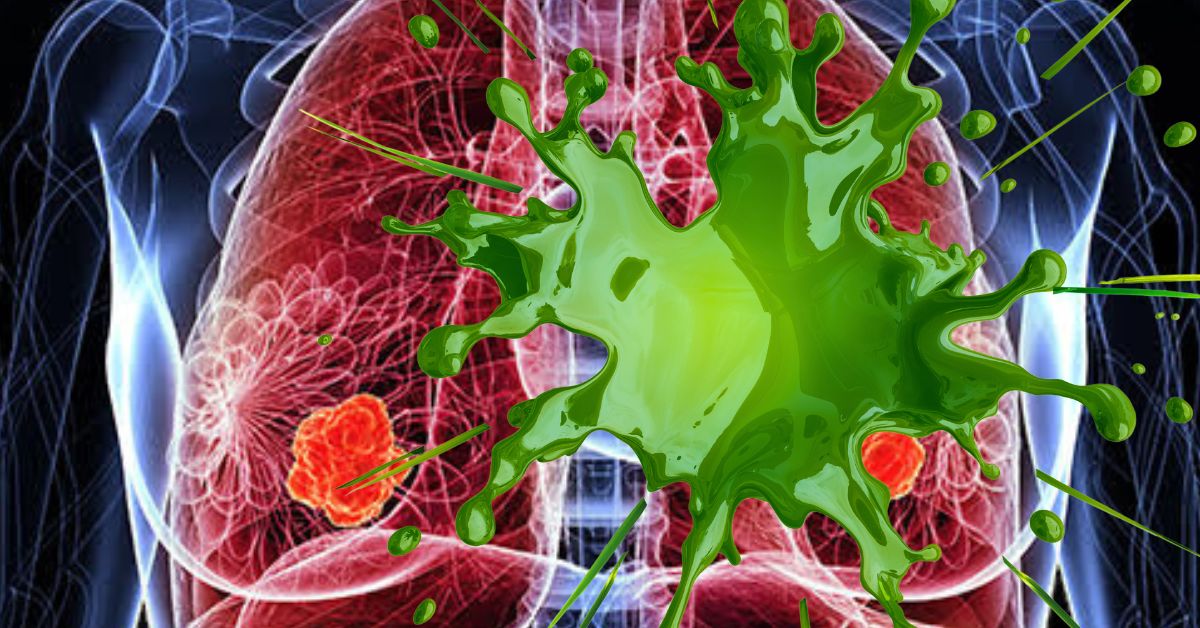
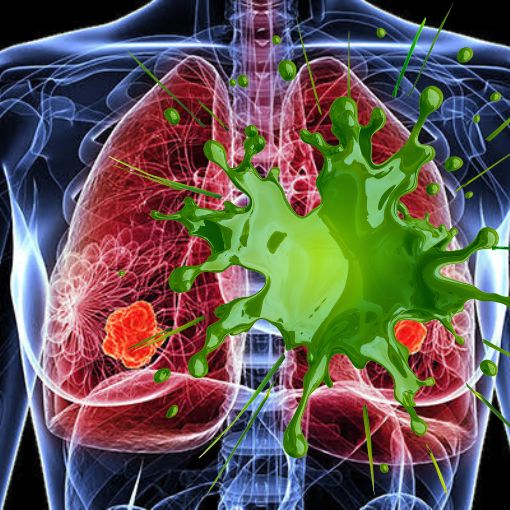
Wheatgrass Benefits for Cancer
If you use wheatgrass for cancer treatment, you may experience the following benefits.
- Wheatgrass may help to kill cancer cells. Wheatgrass contains compounds called chlorophyll and glucosinolates.
- Glucosinolates have been shown to kill cancer cells in test-tube studies.
- Glucosinolates are compounds known to induce apoptosis, or programmed cell death, in cancer cells.
- Chlorophyll is also a powerful antioxidant.
- Wheatgrass may help to prevent cancer recurrence. A study published in the journal "Cancer Prevention Research" found that wheatgrass extract was able to prevent the recurrence of colon cancer in mice.
- The extract was able to do this by killing cancer cells and by preventing the growth of new cancer cells.
- Wheatgrass may help to reduce the side effects of cancer treatment.
- Wheatgrass is a good source of vitamins and minerals, and it can help to boost the immune system. The immune system is important for fighting off infections, which can be a common side effect of cancer treatment.
- Wheatgrass may also help to reduce the side effects of chemotherapy, such as nausea, vomiting, and fatigue.
- Wheatgrass may help to improve the quality of life for cancer patients.
- Wheatgrass is a good source of nutrients, and it can help to improve the overall health and well-being of cancer patients.
- It may also help to reduce stress and anxiety, which are common side effects of cancer.


Wheatgrass Reducing Side Effects of Chemotherapy in Cancer Treatment
- Some evidence suggests that wheatgrass may help reduce the side effects of chemotherapy in cancer treatment.
- A study published in the journal "Cancer" in 2015 found that wheatgrass juice may lower the risk of infection and fever in chemotherapy patients.
- Another study published in "Nutrition and Cancer" in 2016 indicated that wheatgrass extract may protect healthy cells from chemotherapy-induced damage.
- A study published in "Experimental and Molecular Medicine" in 2017 suggested that wheatgrass extract may ease side effects like nausea, vomiting, and diarrhea associated with chemotherapy.
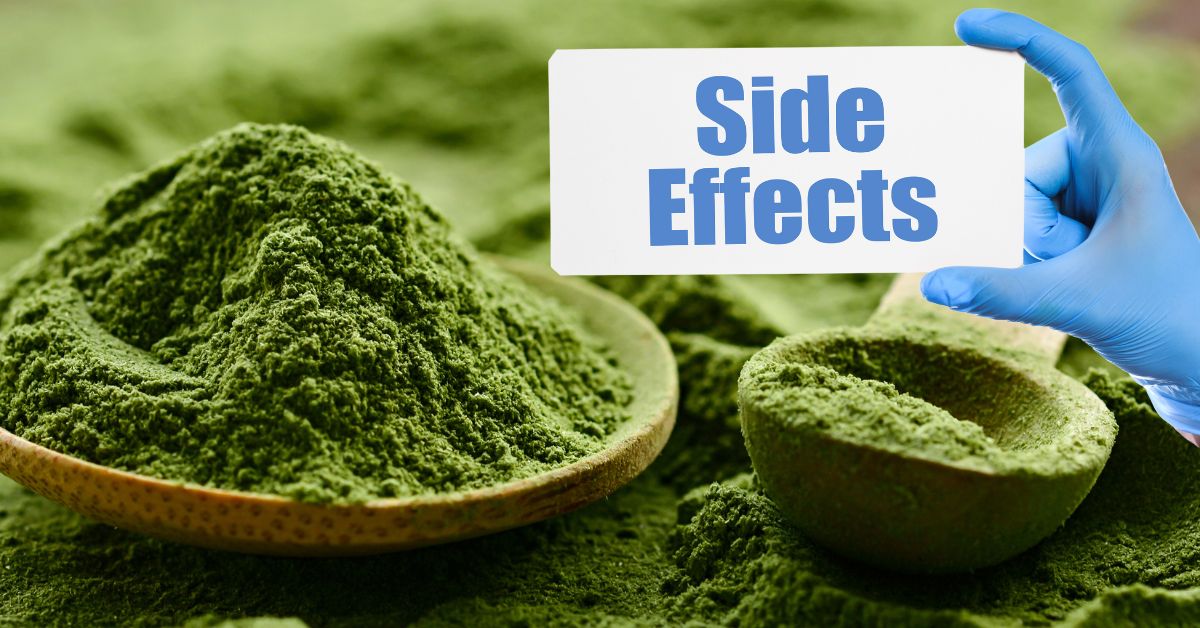
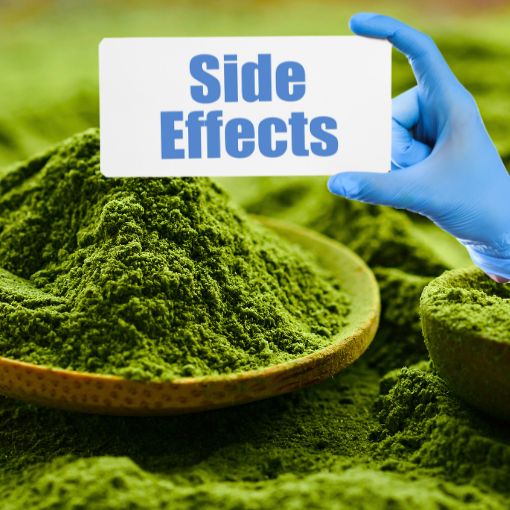
Wheatgrass side effects for cancer
After learning about the benefits of wheatgrass for cancer patients, you might be curious about its potential side effects. We will now discuss some possible side effects of wheatgrass juice for cancer patients. It's important to note that these side effects are based on limited research studies, similar to the benefits mentioned earlier.
- Reduced effectiveness of chemotherapy drugs
- Increased risk of bleeding
- Nausea and vomiting
- Diarrhea
- Stomach cramps
- Headache
- Fatigue
- Allergic reactions

Confused now?
This again emphasizes the importance of consulting with your healthcare provider before trying any supplements, including wheatgrass as a part of your cancer treatment.
They can help you determine the wheatgrass juice dosage that aligns with your specific needs and treatment plan.
Adding wheatgrass to your daily routine may provide potential benefits along with some side effects during your cancer treatment.